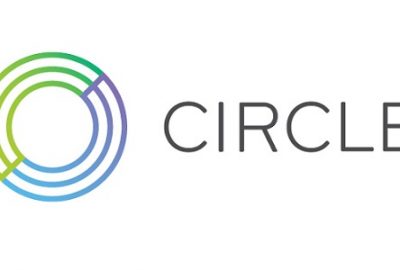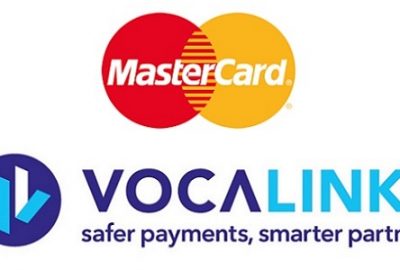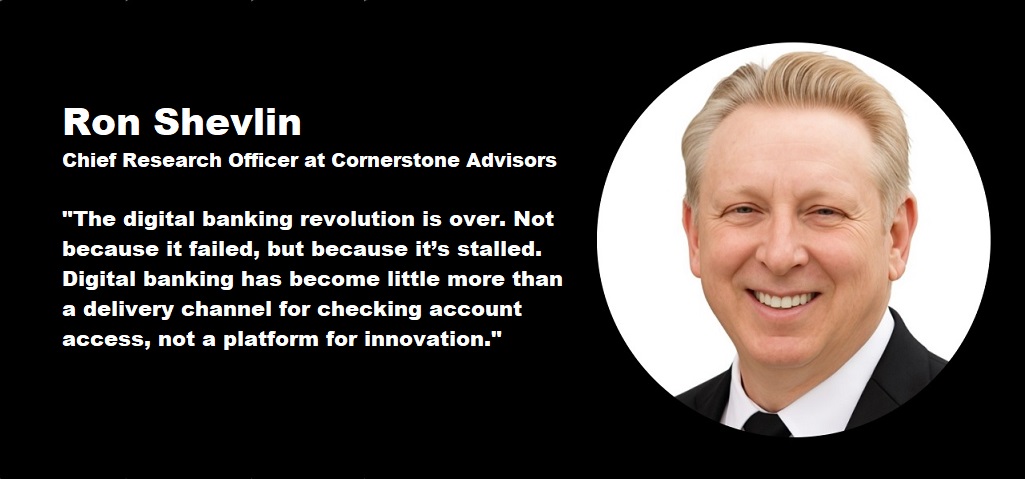Brussels to launch pan-European licences, helping fintechs compete with traditional banks

The European Commission is to present draft legislation early next year to remove administrative hurdles to the cross-border operation of crowdfunding sites and online peer-to-peer lending services. It says the initiative will ensure that EU companies can grow and compete.
The licensing plans, which could be extended to other parts of the fintech sector, are steps in an EU campaign to support an industry it hopes can compete with traditional banks.
The fintech industry — technology businesses set up to compete with traditional financial services groups — has grown rapidly in recent years, taking on banks in everything from helping people manage their monthly spending to offering cheaper payments solutions and options for businesses seeking investment.
European fintech successes include TransferWise, the Estonian-developed foreign exchange company, and France’s PayPlug, which makes it easier for sole traders to accept credit card payments.
The EU has already moved to open up the online payment services market by giving fintech companies clearer legal rights to access bank data, as part of an EU law that will take effect next month.
Valdis Dombrovskis, EU Commission vice-president responsible for financial services, told the Financial Times that pan-European licences would encourage the fintech industry to exploit economies of scale in Europe.
“Europe is certainly well placed for new fintechs emerging, both in terms of the necessary skills, financing for innovation, availability of capital,” he said. “Everything is there for Europe to be a great place to start fintechs.”
However, Mr Dombrovskis said “too many barriers” across EU member states prevented companies from growing. “We still don’t have this digital single market . . . and that’s why we see many European fintechs then going to the US or Asia to scale up.”
The licensing plans are part of a broader EU push, known as the Capital Markets Union, aimed to removing national administrative requirements and rules that stymie cross-border investment.
Mr Dombrovskis said the project had gained urgency from the UK’s impending withdrawal from the EU, which will take the City of London, the EU’s main financial hub, outside the European single market. “We are stepping up the level of ambition,” he said.
Brexit is also expected to provide opportunities for other EU financial centres to challenge London’s status as Europe’s main fintech hub, as entrepreneurs weigh up whether they need to relocate to remain within the bloc.
Mr Dombrovskis said the European licensing plans for crowdfunding and peer-to-peer lending were aimed at preventing “regulatory gold-plating” — where national governments impose additional administrative requirements on businesses beyond those set out in EU law, making it more complicated for companies to operate cross-border. “It is something we often see now,” he said.
A related part of the plans include a blueprint for “regulatory sandboxes” that give fintech companies scope to test out services they want to offer in a limited, supervised, way without having to comply with all existing regulations.
Mr Dombrovskis also flagged up the need to be vigilant in monitoring “potential risks” that can arise from financial innovation, including consumer protection issues and money laundering.
Source: Financial Times
Dariusz Mazurkiewicz – CEO at BLIK Polish Payment Standard
Banking 4.0 – „how was the experience for you”
„To be honest I think that Sinaia, your conference, is much better then Davos.”
Many more interesting quotes in the video below:










